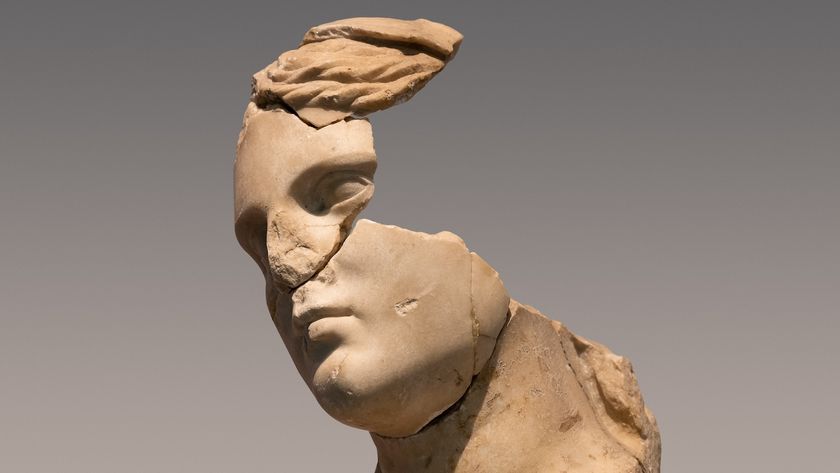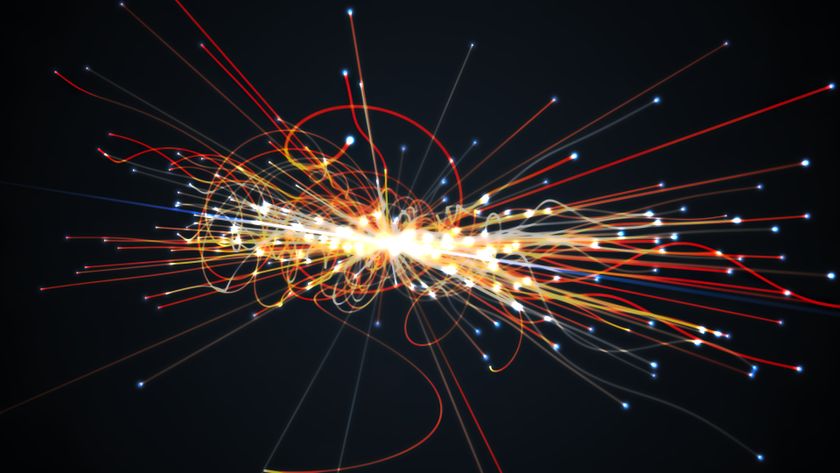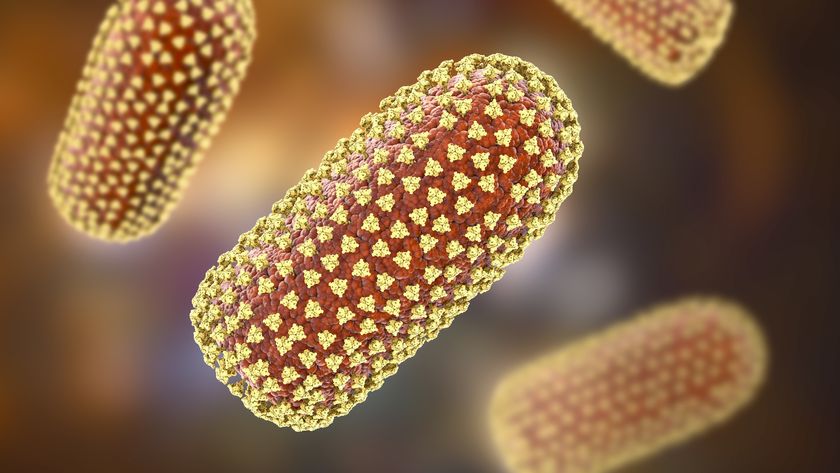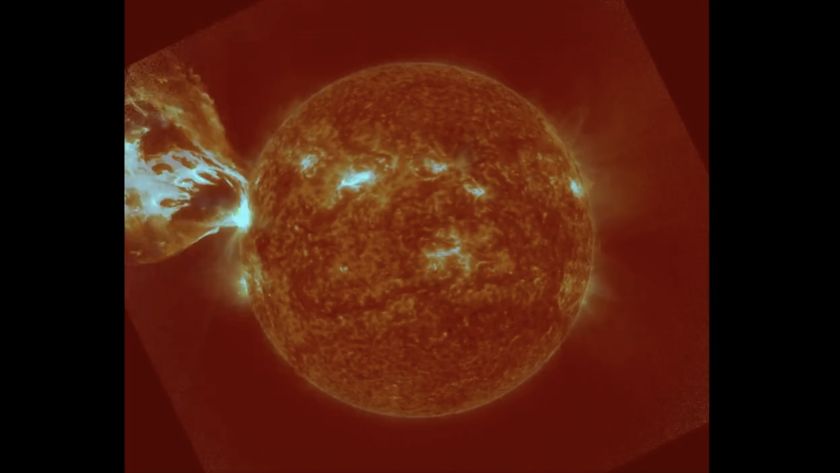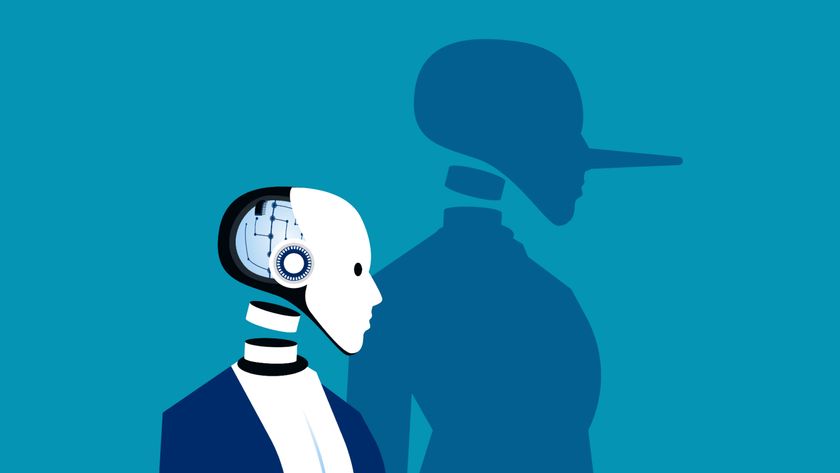Your Thoughts Really Are Scattered, Study Shows

Scientists have long suspected that the brain stores the memory of an event in more than one place. A new study provides solid evidence for this scattered record-keeping.
The research, on rats, is thought to apply to the human mind as well.
“It is the first time we have found this fragmentation in the brain of what we would think of as a single experience," said James McGaugh, a neurobiologist at the University of California, Irvine.
"For example, different aspects of an experience, such as a car accident, would be processed by different parts of the brain," McGaugh said. "The experience is fragmented in our brain, even though we think of it as one event.”
Each rat was shocked while a drug was injected into three parts of the brain. Two days later their memory of the bad experience was tested, and the drugs revealed what parts of the brain were at work.
The findings: The hippocampus is involved in processing memory for context; the anterior cingulate cortex deals with retaining memories of unpleasant stimuli; the amygdala consolidates memories more broadly and influences the storage of both contextual and unpleasant information.
“The more we know about the specialization of memories, the more we can understand how and why the processing of memory can go awry, which in turn can critically inform clinical problems involving a wide range of cognitive deficits," said Thomas Carew, chair of the university's Department of Neurobiology and Behavior.
Sign up for the Live Science daily newsletter now
Get the world’s most fascinating discoveries delivered straight to your inbox.
The results were published this week in the early online edition of the Proceedings of the National Academy of Sciences.

